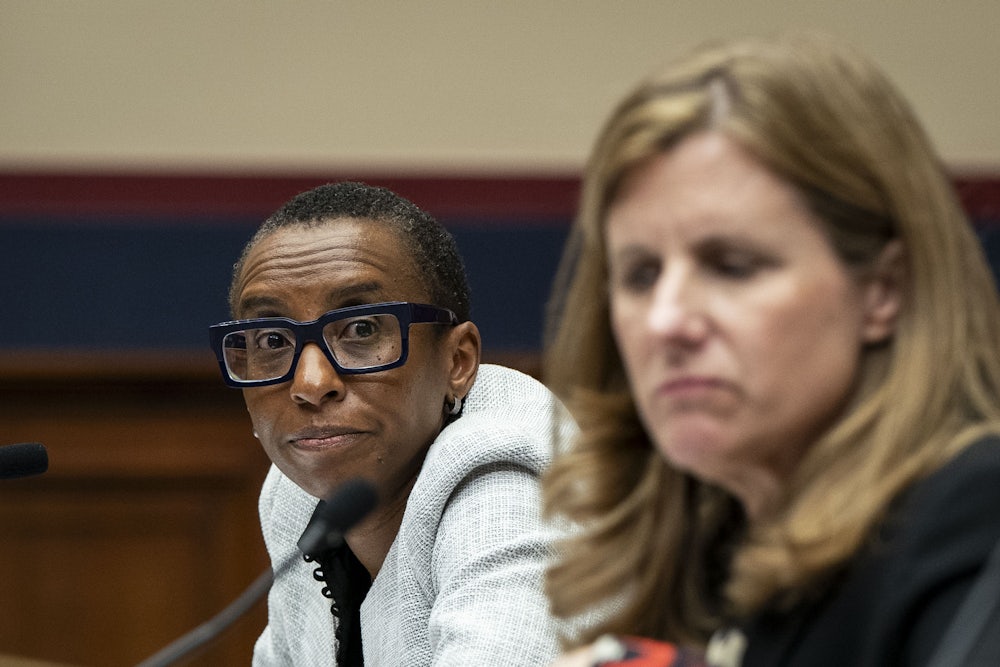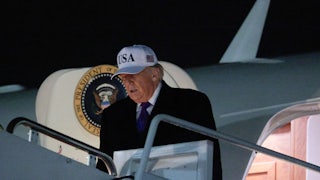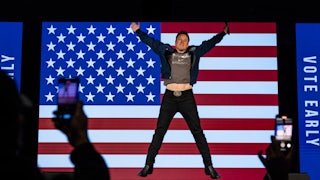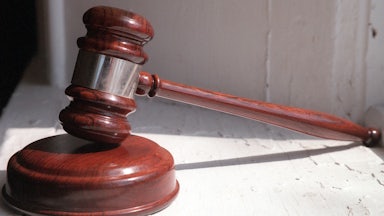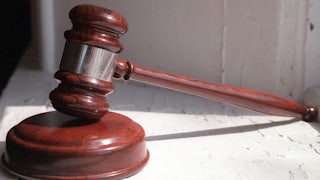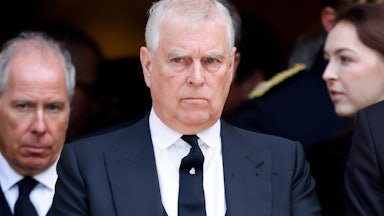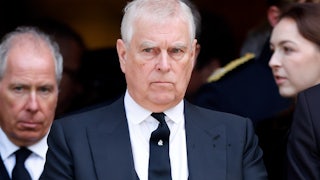It is a truth universally acknowledged that at a House committee hearing on Capitol Hill on December 5, three prominent university presidents—Elizabeth Magill of the University of Pennsylvania (who has since resigned), Sally Kornbluth of MIT, and Claudine Gay of Harvard—gave appalling responses to the question of whether they would permit calls for genocide on their campuses. It is also a truth, though not as universally acknowledged, that Magill, Kornbluth, and Gay walked into a trap designed precisely to embarrass them and solidify the right wing’s belief that American universities are incubating a woke mind virus.
Consider this representative exchange from the hearing, which went viral:
Representative Elise Stefanik: Ms. Magill, at Penn, does calling for the genocide of Jews violate Penn’s rules or code of conduct—yes or no?
Magill: If the speech turns into conduct, it can be harassment, yes.
Stefanik: I am asking, specifically calling for the genocide of Jews, does that constitute bullying or harassment?
Magill: If it is directed and severe or pervasive, it is harassment.
Stefanik: So the answer is yes.
Magill: It is a context-dependent decision, Congresswoman.
Stefanik: It’s a context-dependent decision? That’s your testimony today, calling for the genocide of Jews is depending upon the context?
Part of the outrage at the presidents’ testimony, among our colleagues in academia, stems from the well-founded belief that university presidents have staff and advisers who presumably brief them on matters like this, such that they should know when they are walking into traps and should be prepared to respond clearly and unequivocally to questions about genocidal statements. “You will no doubt be asked about whether calls for genocide are ‘acceptable speech,’” such staffers might say. “This will not be a good time or place to argue that such statements are ‘context-dependent.’”
Magill, Kornbluth, and Gay were apparently not given this advice. Perhaps that was because their universities’ general counsel considered it their job to tell them that they should hew closely to First Amendment jurisprudence (which permits such statements unless there is the threat of imminent harm). Or perhaps they were advised, correctly, that it is quite true that such statements are context-dependent. All statements are context-dependent.
We are university professors and the co-authors of the 2022 book It’s Not Free Speech, the first chapter of which argues precisely this point about the universality of context; we cite Jonathan Culler’s useful bumper-sticker account of the relation between intent and effect: “Meaning is context-bound, but context is boundless.” This principle applies also to our own statement above that “all statements are context-dependent”—for example, in the context of certain congressional hearings, that otherwise anodyne utterance might be grounds for universal outrage.
In our book, we deliberately chose not to discuss hate speech in terms of “harm,” and we specifically critiqued the proposition that (as one of our colleagues put it) “a commitment to inclusivity requires that impact is elevated over intent.” In other words, we insisted that the way to determine the difference between free speech and hate speech is to rely neither on intention nor effect but on the context of the statement. After 9/11, for example, some people tried to claim that “Allahu akbar” is an endorsement of terrorism, and we suspect that something similar is going on now with the word “intifada,” which Stefanik, in grilling the university presidents, (inaccurately) conflated with calling for the genocide of Jews. These are disputes about contexts.
Some after-the-fact commentators have admitted as much—that Magill, Kornbluth, and Gay were technically correct about context. But no one has asked the basic question one of our colleagues—Adam Sitze, professor of law at Amherst College—has asked us: Why is everyone assuming that university presidents are free speech czars responsible for maintaining the parameters of what is and is not utterable on their campuses?
We don’t do things this way in government, after all. The executive branch does executive things, and the judiciary—the independent judiciary—handles matters of justice. Universities aren’t set up the same way, of course. But wouldn’t it be better for all concerned if they were? If there are disputes about the boundary between free speech and hate speech, why shouldn’t these be adjudicated by a joint campus office made up of faculty, students, and administrators overseeing faculty and student affairs? Why are we all presuming that this is the domain of the university president, instead of arguing that university presidents, like American presidents, should let the judicial branch set the boundary between free speech and hate speech?
Universities are not democracies, and few have any mechanisms for keeping a judicial branch independent of an executive branch. But since debates over free speech and hate speech aren’t going away anytime soon, maybe it makes sense for universities to rethink how they manage those debates. They might, for instance, take their cue from the March 2022 statement of the American Association of University Professors, or AAUP, “Legislative Threats to Academic Freedom: Redefinitions of Antisemitism and Racism,” which provides careful guidance about nuances of meaning when differentiating between “political speech” and “discriminatory speech.”
In our book, we argued that disputes over academic freedom should not be handled by Diversity, Equity, and Inclusion offices, human resources, or even upper-level administrators; they should be handled by faculty committees, as was recommended in the AAUP’s founding 1915 Declaration of Principles. By email, Professor Sitze asked us whether these faculty committees could also adjudicate disputes over free speech. We don’t think so: As our book title indicates, we want to disentangle academic freedom from free speech and to insist that a degree of scholarly expertise is essential to the former and irrelevant to the latter. But perhaps a medium-size committee—12 seems like a judicious number—made up of representatives from administration, student government, and the faculty senate would be an appropriate body for determining what forms of speech violate a university’s code of conduct. That committee’s recommendations could then be executed by the executive branch: presidents, provosts, deans of student affairs.
Instead, we seem to be playing out the worst possible scenario, in which trustees and billionaire alumni have been emboldened to take matters into their own hands—as when private equity kingpin Marc Rowan circulated a letter to University of Pennsylvania trustees questioning the “criteria for qualification and admission for membership in the faculty” and wondering whether “any of the existing academic departments [should] be closed.” As the Penn chapter of the AAUP put it, this is basically governance by self-appointed people who “neither understand nor respect the purpose of the university and who threaten its educational and research mission.”
In response to the debacle on Capitol Hill, Axios published a brief explainer, “College presidents’ skewered testimony raises question: What do they do?” It’s a good question. The answer seems simple: Presidents oversee the endowment, fundraise, coordinate a management team, and offer leadership in crisis communications. They’re given great latitude with the latter responsibility, though we suspect that in the future, most will be very cautious about making any official statements about social or political crises.
What’s not listed in that Axios explainer: setting the parameters of free speech on campus. And rightly so. That’s not a president’s responsibility—or it shouldn’t be one, anyway.
